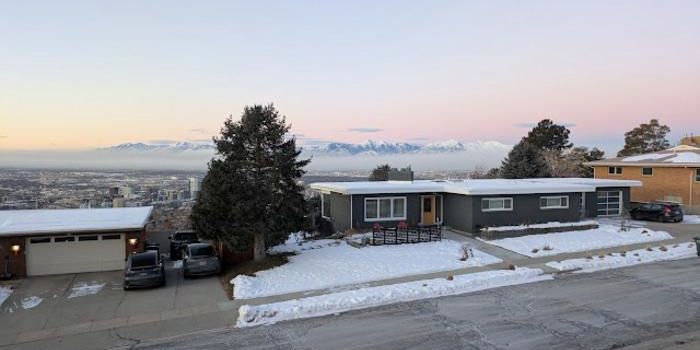Goodbye to the ban on neonics, goodbye to the bees
An Obama-era ban on the use of neonicotinoids, pesticides which are known for their connection to global declining bee populations, will now be overturned under the Trump administration. Specifically, the ban will be lifted in over 50 national wildlife refuges where limited agricultural activity is permitted. This rollback will affect 560 refuge units consisting of approximately 150 million acres nationwide.
Announced in a US Fish and Wildlife Service memo, the rollback means that farmers will now be allowed to not only plant biotech crops (read: soybeans and corn) that are genetically engineered to resist insects, but also use neonics on wildlife refuges.
US FWS deputy director, Greg Sheehan, commented that decisions regarding such practices will now be allowed to be made on a case-by--case basis, instead of completely prohibited. Sheehan expressed the opinion that GMOs result in “maximize production, and that neonicotinoids might be needed to fulfill needed farming practices”.
But environmentalists fear that such case-by-case decisions in the use of GMOs and neonics will largely favor big agriculture, not pollinating insects like bees. “Industrial agriculture has no place on refuges dedicated to wildlife conservation and protection of some of the most vital and vulnerable species,” said Jenny Keating, federal lands policy analyst for the group Defenders of Wildlife.
According to the Guardian, when the ban was first introduced in 2014, Jim Kurth, head of the refuge system, explained that “seeds treated with neonics give rise to plants whose tissues contained compounds that could harm non-target species,” like pollinators. The use of neonicotinoid pesticides has been linked to a 30% decline in wild bee populations. If bees were to become extinct, 75% of US crop production would suffer.
Sources: The Guardian









